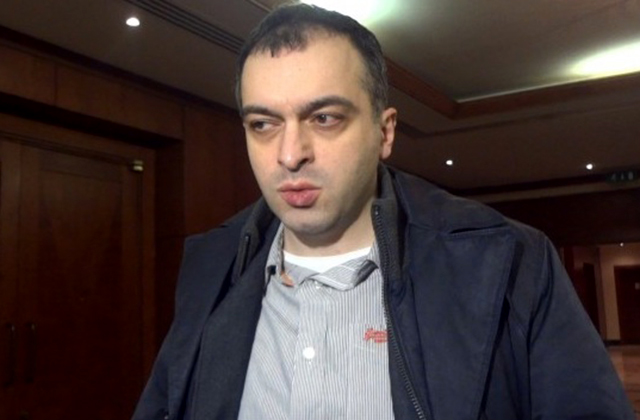“Unfolding of the Kremlin Spy Network in the post-Soviet Space may be Decisive”: Sharashenidze

“The only country, which may neutralize Russian influence in the post-Soviet space, is the USA,” said Tornike Sharashenidze, Georgian politician, professor, head of the MA program of International Affairs at Georgian Institute of Public Affairs, in an interview with 168.am, reflecting the draft bill on revealing Russian agents in the post-Soviet area.
Note, that recently the US Congress passed a bill, which obliges country’s investigative bodies to provide information on funding of political parties and non-governmental organizations in former Soviet republics by the Russian Federation (RF). A few mass media already provide information, that among the post-Soviet countries Ukraine may be among the first, where RF special service spy network will be unfolded. Georgian analyst said that it’s a rather serious initiative, implementation of which may be decisive for Russian impact in the post-Soviet space.
He stated, that he never heard of that before. As per reflection of Tornike Sharashanidze, this is an open statement on the fact, that Russia now is considered by the West as a threat for the post-Soviet countries.
According to the Georgian analyst, one of the crucial tools for maintaining Russia’s influence is Russian spy network in these countries. In his words, Ukraine, Armenia, Georgia and all other countries need unfolding of this process.
“The only country, which may neutralize Russian impact, is surely, the USA, and no any other country is able to do it. If Armenia wants to be liberated from Russian influence, it’s positive news for me,” noticed Sharashenidze. The latter said, although Georgia is announced a Euro-Atlantic development path, Russian impact is quite big. “Russian impact is governed by the Kremlin’s spy network. It mainly refers leading of non-governmental organizations, political powers more, than of the Kremlin, through agents. Its neutralization may be of utmost importance,” Georgian professor noticed.
By Araks Martirosyan

























